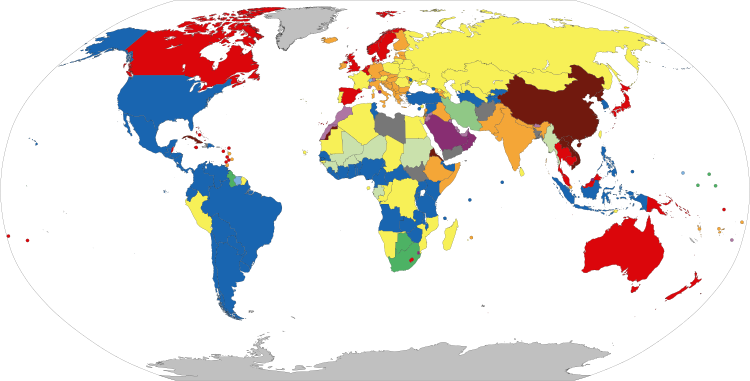Landschlacht, Switzerland, 9 March 2017
As a Canadian who grew up exposed to American culture, and now as an expat with a fair number of American friends, the US remains for me what Allan Fotheringham called “the Excited States of America”.

Above: Allan Fotheringham and his wife Anne
For Americans always seem overly agitated by everything.

What always surprises me is the deep-seated belief held by so many Americans that the US is approaching the eve of its destruction.
The surprise factor is that this deep-seated belief is not new.
In the 50s the most oft quoted book?
The Age of Anxiety.
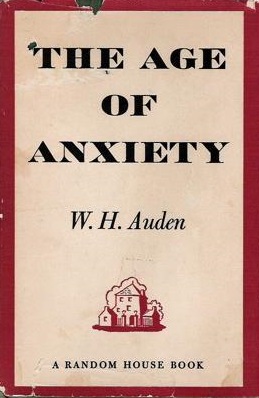
Yet here is a land that leads the world economically, politically and militarily.
As a teacher of both teenagers and adults, I see parallels between the US and a teenager.
A teenager is a mix of overconfidence and insecurity.
The US is a land of both bravado and despair.
Since the beginning of the 21st century, the US has never not been at war, and it is always afraid of any other nation that might conceivable challenge the US, despite the fact it spends more money on its military than many other nations combined.
Yet countries that can barely support themselves, like Iran and North Korea, are just waiting to attack the US.
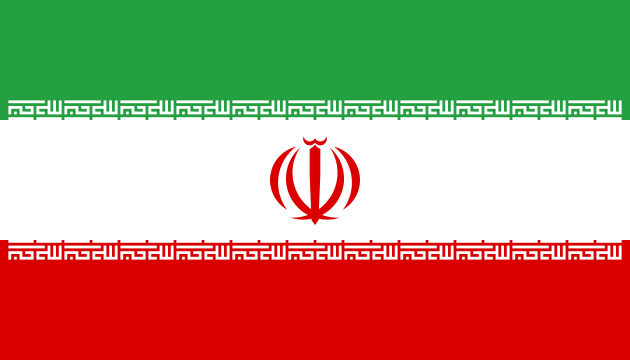
Above: The flag of Iran
 Above: The flag of North Korea
Above: The flag of North KoreaThe US is a land driven by fear, of enemies both domestic and foreign.
Like a teenager, the US is clumsy, direct, at times brutal, and torn by deep internal conflict and absolutely certain that its values are best.
Two World Wars devastated Europe making it lose its world dominance.
Communism, despite Russian posturing, could never support itself.
 Above: The flag of the Union of Soviet Socialist Republics (1922 – 1991)
Above: The flag of the Union of Soviet Socialist Republics (1922 – 1991)China, despite its huge population and its coastal cities, remains mostly a backward poverty stricken land.
 Above: Flag of the People’s Republic of China
Above: Flag of the People’s Republic of ChinaHere is a list of some sobering facts that I wish US politicians would address:
The US has the highest teen pregnancy rates in the developed world – over 1,100 teenagers, mostly age 18 or 19, give birth every day in the US.
80% of the world’s executions take place in just three countries: the US is one of them.

Above: Red (still practising capital punishment), brown (not outlawed but not practiced), green (practiced under exceptional circumstances), blue (abolished).
1 out of 5 of the world’s people live on less than 1 US dollar a day.

More than 7 million US women and 1 million US men suffer from an eating disorder.
There are 67,000 people employed in the lobbying industry in DC – 125 for each elected member of Congress.

Above: K Street NW at 19th Street in Washington DC, part of DC’s maze of high-powered lobbyists and lawyers
Black men born in the US today stand a 1 in 3 chance of going to jail.
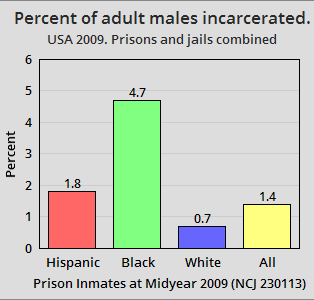
Every week, an average of 88 children are expelled from US schools for bringing a gun to class.

The US spends more money on porn than on foreign aid.
The US spends on its military more than 33 times the combined military spending of the seven “rogue states”.
Perhaps rather than creating wars against countries that are far weaker than the US, perhaps its politicians could focus on some of the above-mentioned problems.
I am just a simple man trying to understand a complicated world.
Does my/your voice matter?
Does my/your opinion matter?
Within these two questions lies the heart of our existence as people, as citizens.
Now there are many things negative that can be said about President Donald J. Trump, but, for a moment, cast aside all these legitimate complaints (and there are many) and consider this question:

What has Donald Trump taught us?
Trevor Noah, on his 15 December 2016 broadcast of Comedy Central’s The Daily Show, brilliantly illustrated the disparity between the image and the reality of American democracy, by simply showing Donald Trump speaking at his most candid in speeches he gave to the Republican Party after he won the nomination to represent the Party in the US election and after he won the Presidency by Electoral College vote:

Charleston, West Virginia, 5 May 2016
“You have been hearing me saying that it’s a rigged system, but now I don`t say it anymore because I won.
Now I don’t care.”
Des Moines, Iowa, 8 December 2016
(In reference to his campaign promise of taking away the power of lobbyists and Wall Street money and giving DC back to the people)
“We’re going to drain the swamp of corruption.
Funny how that term caught on, isn’t it?
“Drain the swamp.”
I tell everyone I hated it.
Somebody said, “Drain the swamp.”
And I said, “That’s so hokey.
That’s so terrible.”
I said, “Alright. I’ll try it.”
So, like a month ago, I said, “Drain the swamp.” and the place went crazy.
I said, “Whoa! What’s this?”
So I said it again.
Then I started saying it like I meant it.
Then I started loving it.
It’s true.
Drain the swamp.”
Grand Rapids, Michigan, 9 December 2016
(In response to chants of “Lock her up.” – jail Hillary Clinton:)
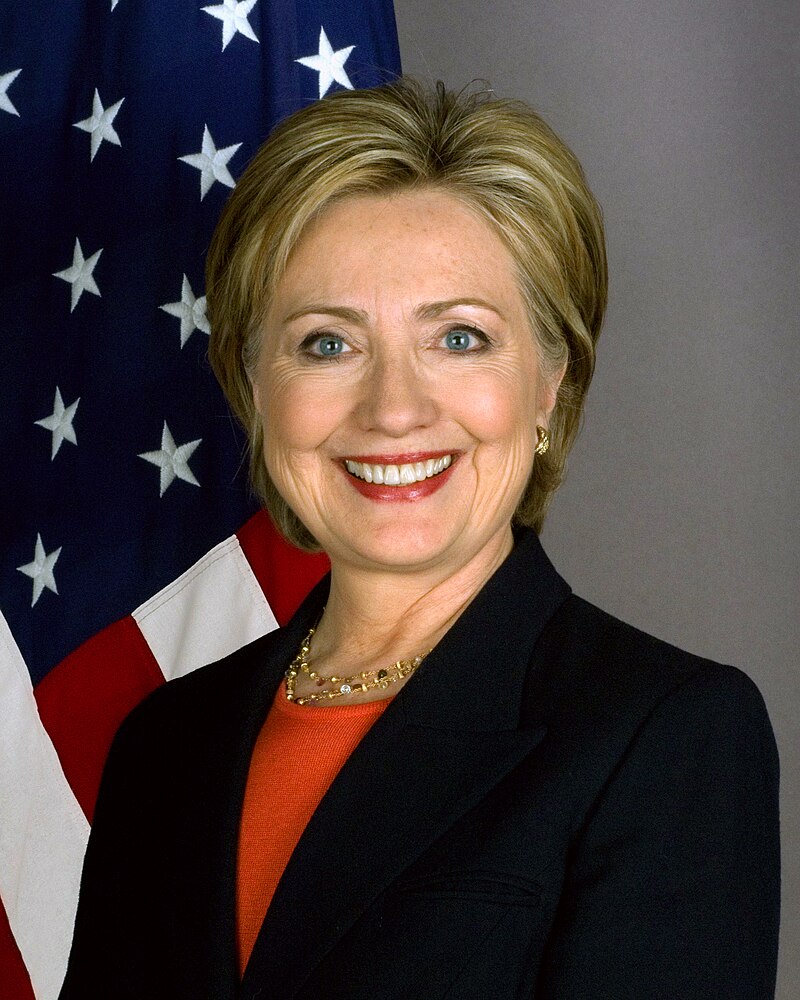
“That plays great before the election but now we don’t care.”
West Allis, Wisconsin, 14 December 2016
“Speaker Paul Ryan is like a fine wine.
…If he ever goes against me, I won’t say that.”
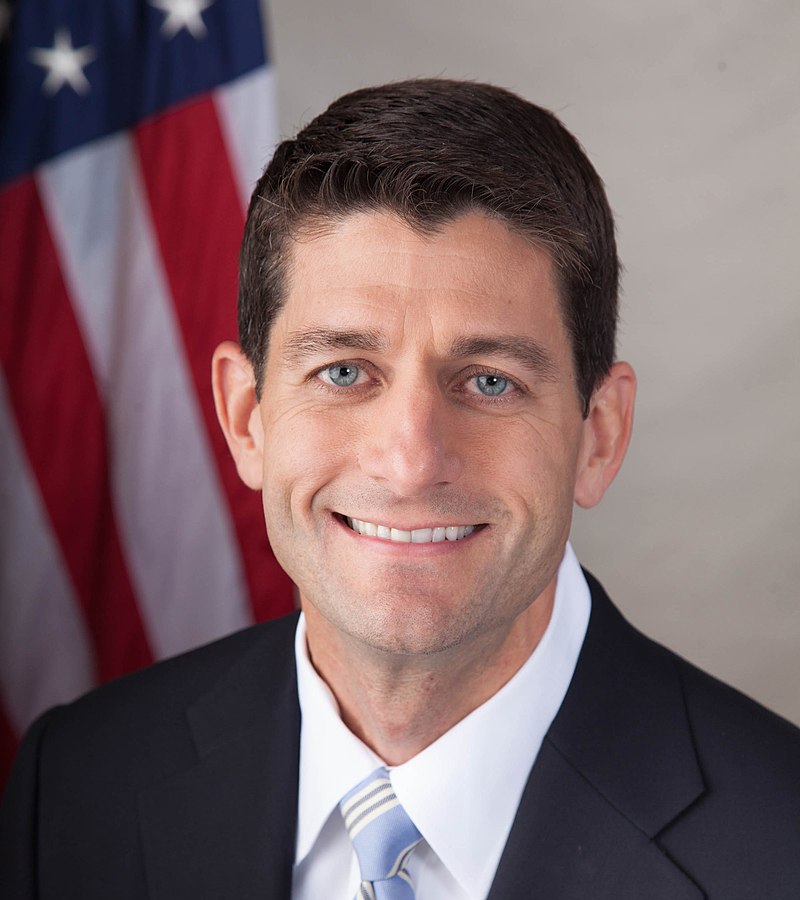
Now there are a couple of things these excerpts show that express for me a kernel of both what is wrong with Donald Trump, but more importantly what is wrong with the state of American democracy.
Donald would say anything to get himself elected.
As a salesman, he said whatever he thought would sell.

He has shown that he will act however he wishes, whether this is according to the wishes of the people or not.
He believes that he should do as he chooses and as long as you do not contradict him then things will be fine.
But aside from Donald Trump acting like salesman, acting like a politician, we need to look at two things these speeches show:
– What his voters thought they were getting and why they get it
– Where these speeches were made
Understanding the US system of government and the system that turns citizens into the people’s representatives is not easily understood by those who were not raised American nor easily understood by all Americans themselves.
But because of the enormous military and economic power that the United States presently wields, I believe it is important that we all understand what America is and isn’t and what it could be.
What is democracy?
If one believed Abraham Lincoln, it is government of the people, for the people, by the people.

Above: Abraham Lincoln (1809 – 1865)(16th US President, 1861 – 1865)
(And who can’t trust Lincoln?)
So, by extension, do the world’s democracies get the leaders they deserve?
It depends on what is meant by “the people”.
If you believe that a democracy means “one person, one vote”…
If you believe that “every vote counts”……
Then nowhere can one find a true democracy.
Granted there are nations freer than others but a perfect democracy is hard to find.
So let us look at America…
Does America deserve Donald Trump?
Who elected him?
Americans?
Yes and No.
It would seem logical and comforting to assume that all those Americans who actually voted made votes that counted.
“America is essentially a dream.
The substance of the dream is expressed in these sublime words, words lifted to cosmic proportion that all are created equal.” (Martin Luther King Jr.)
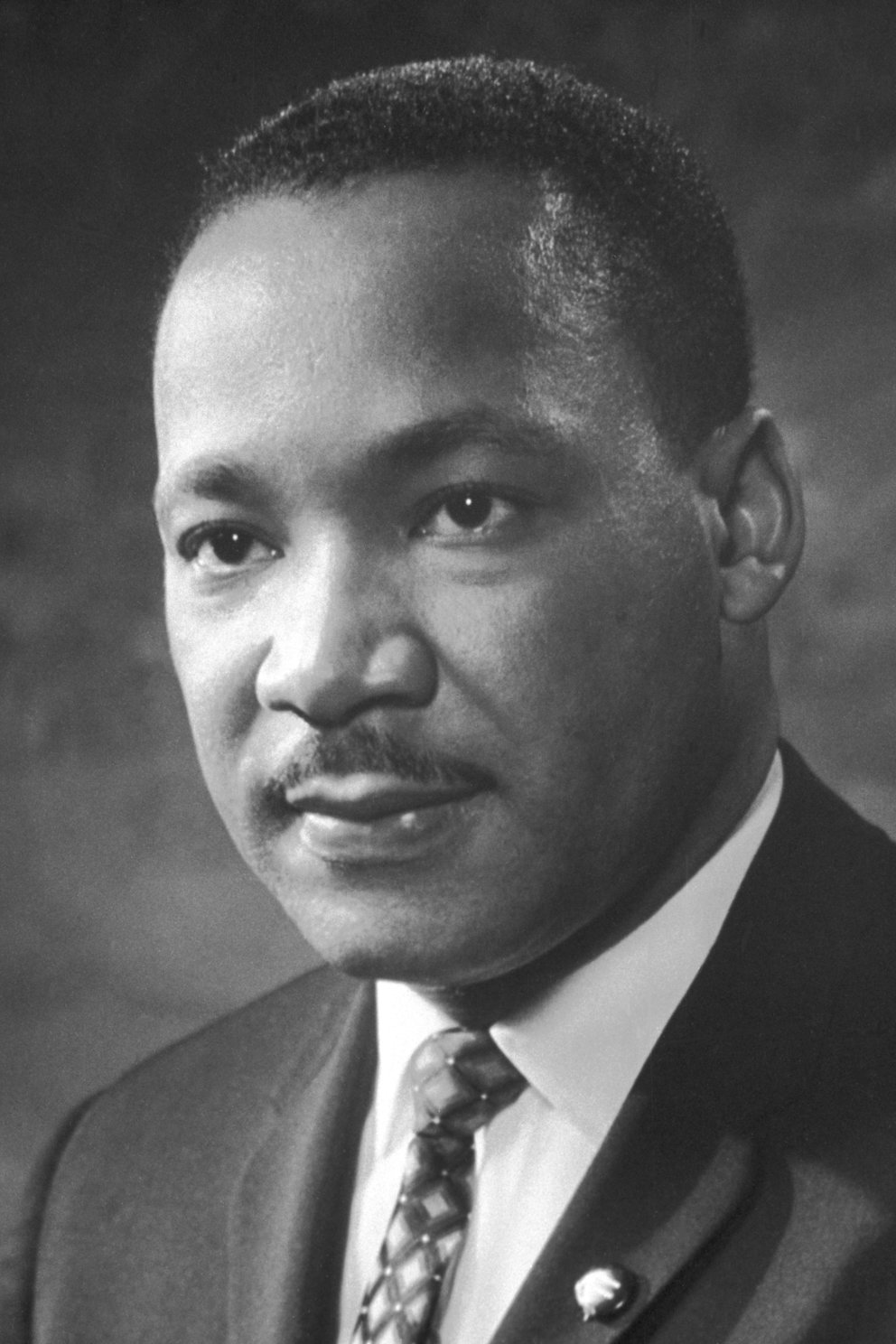
Above: Dr. Martin Luther King Jr. (1929 – 1968)
But not all voters are equal nor are all votes equal.
As well, Americans may vote, but it is the Electoral College that decides who will sit in the President’s chair.
The United States Electoral College is the mechanism established by the US Constitution for the indirect election of the US President and the US Vice President.
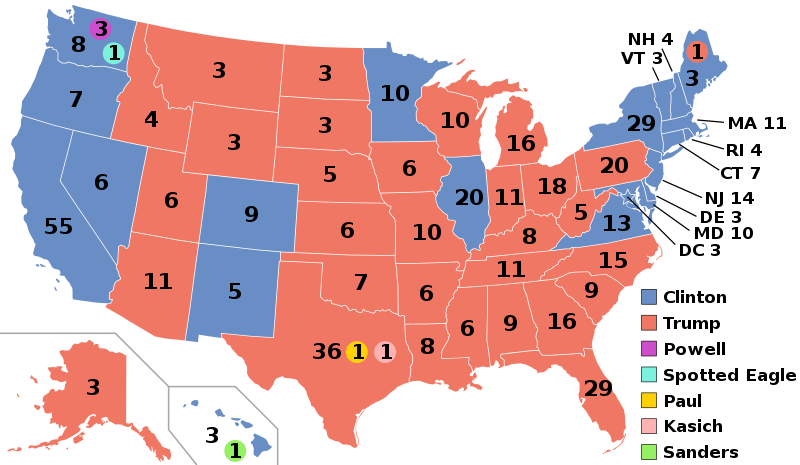
Why is there an Electoral College?
The framers of the US Constitution felt that there were few options available for consideration at the time of drafting this important document to which the President is sworn to defend:
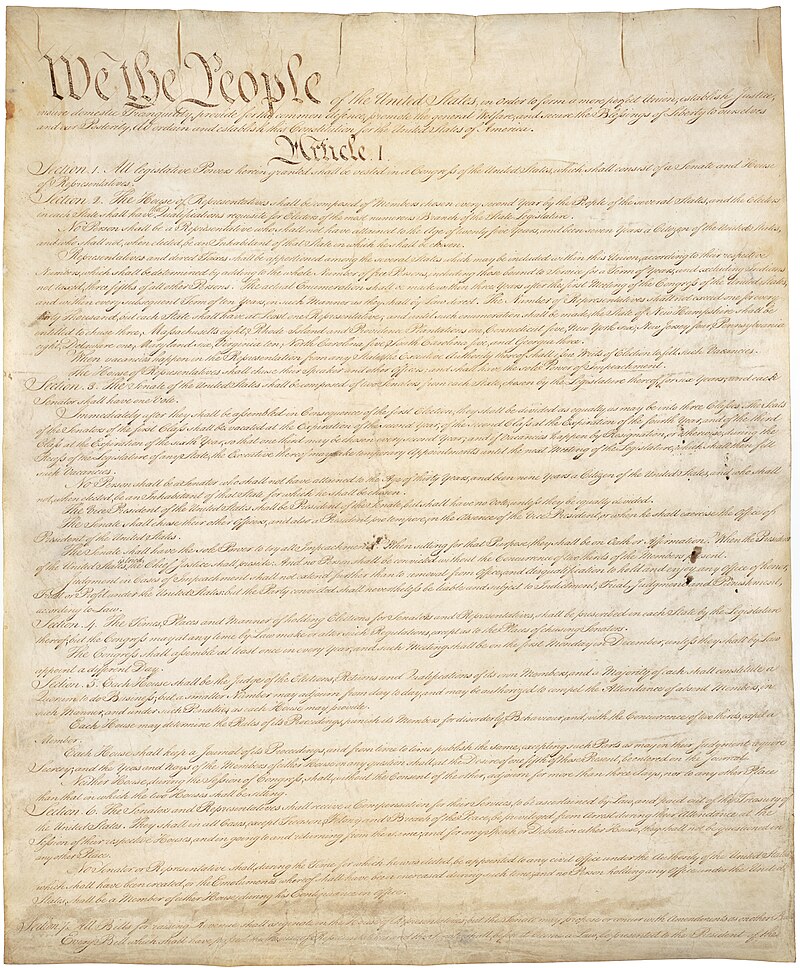
Above: Page 1 of the United States Constitution
Election by popular vote was considered an unsatisfactory option, for it was believed that too many people were too ill-informed to make intelligent choices.
Direct election by Congress was rejected because it was felt that the President should be independent of Congress, so he was not beholden to them for his re-election.
So Americans choose Electors, who then choose independently who will fill the roles of President and Vice President.
Who are these Electors?
They are the 100 Senators and 435 Representatives of both Houses of Congress, plus the three Electors the District of Columbia is provided by the 23rd Amendment of the US Constitution.
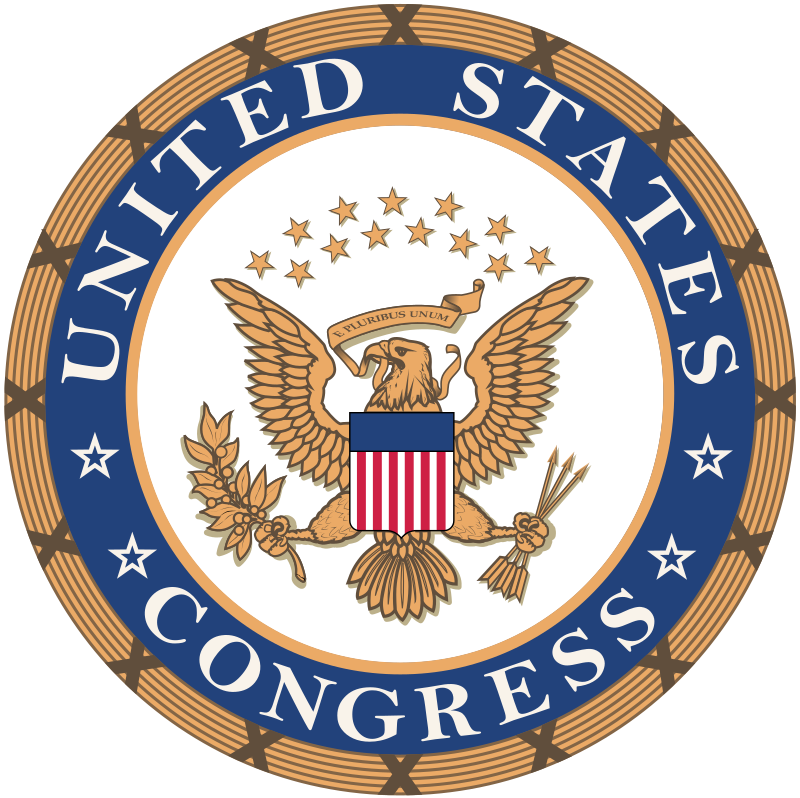

So out of 350 million Americans only 538 “votes” count, only 270 “votes” needed to win the White House.
The US is comprised of 50 states, yet only 10 states actually matter, only ten states – Colorado, Florida, Iowa, Michigan, Minnesota, Ohio, Nevada, New Hampshire, North Carolina, Pennsylvania, Virginia and Wisconsin – get visited by those who would be President.
Because it is determined by the number of Senators and Representatives in the states legislatures whether a state is a swing state or a safe/spectator state.

Blue represents the Democratic states, red represents the Republican states, the grey are the swing states where the election could swing either Democrat or Republican.
This status is decided by ZIP code: where you live determines your expected vote.
Certain neighbourhoods are expected to vote in certain ways.
Depending on the way the electoral map is drawn some states can guarantee that one party dominates the state in a process called gerrymandering.
Gerrymandering is a practice intended to establish a political advantage for a particular party or group by manipulating district boundaries.
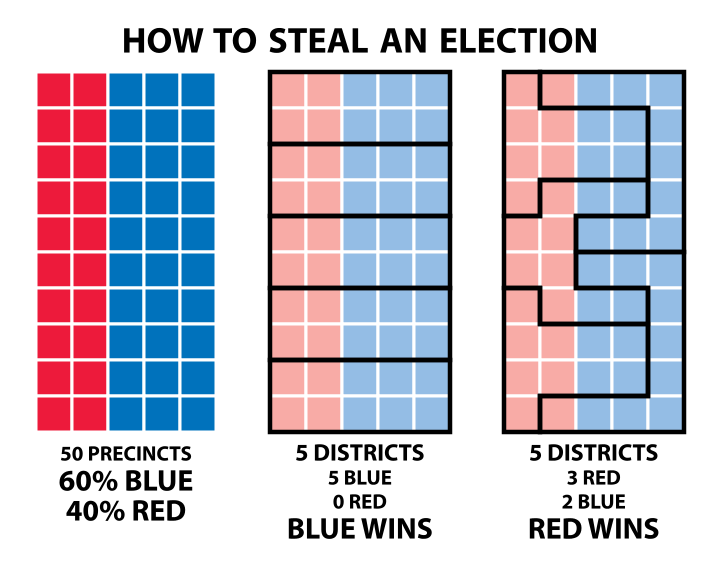
So if you reside in a spectator state then your vote doesn’t really matter, because the results in those states are pretty much sewn up and this assumption reduces voter turnout in those states ensuring the predetermined result.
Only 25% of Americans have a vote that matters.
So even if the popular vote is less proportional than the Electoral College vote, the College chooses.
Donald Trump is not an exception.
In the past half century at least 5 Presidents came into the Oval Office despite losing the popular vote.
Election Day in the US is the culmination of a long, grueling process that tests those who seek the highest office in the land.

Most Americans pay attention to the campaign for a matter of weeks, but the process is more than two years in the making.
Mere days after a newly elected/re-elected President takes office, the media turns its attention to the next campaign, pontificating about what the next campaign will look like.
Familiar names are mentioned and leading critics of the President will give speeches and interviews in which they try to assume the leadership of the opposition.
Two years into a President’s term, the presidential race comes into clearer focus.
Following the midterm elections – which occur every two years and in which members of both Houses of Congress as well as governors and state legislatures are elected – presidential hopefuls form what are called “exploratory committees”.
Exploratory committees allow candidates to test the political climate for a national campaign by hiring pollsters who gauge their popularity and meet with local elected officials and political activists around the country.
And how do the Democrats and the Republicans choose their presidential candidates?


Through primaries and caucuses.
The first are voting by delegates (folks chosen by the parties) and the latter are committee meetings. (party officials chosen by other party officials)
Depending on the archaic system each state uses, the parties can choose their candidates through a caucus or a primary.
In a couple of states both caucus and primary are used, with the primary results ignored should they differ from the concensus of the caucus.
There are two types of delegates:
Pledged delegates are elected or chosen during the primaries with the understanding that they will vote for a certain candidate at the national convention.
Superdelegates – members of the House of Representatives, senators, governors, former Presidents and other party leaders – are unpledged and are free to support whomever they wish.
The Democrats have superdelegates, while the Republicans have automatic delegates which serve a similar purpose.
The early part of the campaign is the primary season.
During the primaries, each state holds its own election and political activists assemble to openly lobby for candidates and garner support.
Early “straw pools” shape perceptions of the strength of the various candidates.
By campaigning during the primaries, candidates compete against each other to win delegates from each state.
Then the political parties hold their own conventions, in which the winners of the primaries are nominated for president.
The winners of their conventions compete against each other for the job of president.
Confused yet?
And how many Americans actually get to decide who will lead either the DNC or the GOP?
57, 874 out of a population of over 350 million Americans.
0.2% of the population decides which two Americans will compete for the job of President.
What convinces them to choose whom they choose?
Money.
Election campaigns are expensive.
Campaigns are privately funded.
A typical Congressman is said to spend 30 to 70% of his time in office raising money for his next re-election campaign.
How much does it cost to buy yourself a Congressman?
A donor is considered worthy of respect and relevance by a Congressman at a minimum of $5,200.
The top 100 funders of Trump’s campaign gave as much campaign funding as the rest of the 4.75 million other funders combined.
Only 400 families in America contribute over half the campaign donations for each party during each Presidential race.
So, Congressmen have developed a sixth sense and have learned how what they do affects their ability to raise money.
Democracy held hostage to the financial contributions of the elite and special interests groups.
The voters?
Their opinion has no significant impact upon public policy.
They make noise, but no one is listening.
And the problems that need to be addressed in America cannot be resolved to the satisfaction of Americans if Americans don’t have a voice.
In America all Americans are equal, but some Americans are more equal than others.
Voters are alienated and their elected officials couldn’t care less.
It is abundantly clear to every thinking American that the system is corrupt, broken, rigged.
“America would be better served with a presidential election process that treated citizens across the country equally.” (Newt Gingrich)

Could Americans be persuaded to approve and ratify a constitutional amendment, creating a single constituency (the US) in which the President would be elected by a national popular vote, with every citizen’s vote counting equally?
Those who can fix it, won’t.
Especially if they benefit from the system.
And the multitude of problems that affect Americans will not be resolved until Americans have a voice in the decisions that affect them.
At present, President Trump is finding himself increasingly uncomfortable.
The United States Intelligence Community has officially concluded that the Russian government interfered with the 2016 elections.
The Office of the Director of National Intelligence, representing 17 intelligence agencies, and the Department of Homeland Security jointly stated that Russia hacked the Democratic National Committee and leaked its documents to WikiLeaks.

In early January 2017, Director of National Intelligence James Clapper testified before a Senate committee that Russia’s alleged meddling in the 2016 presidential election went beyond hacking and including disinformation and the dissemination of fake news often promoted on social media.

US intelligence agencies assessed that Russian President Vladimir Putin ordered an influence campaign in 2016 aimed at the US presidential election, with the intent to undermine public faith in the democratic process, denigrate Secretary of State Hillary Clinton and harm her electabilitiy and potential presidency, with a clear preference for Donald Trump as President.

Russian officials have repeatedly denied involvement in any DNC leaks or hacks.

Above: The present flag of Russia
But it is my opinion that even if the Russians were not responsible for interfering in the results of the US election, the result would probably have been the same.
For as much as the hacks of the DNC computers showed manipulation of the Democrat rejection of Bernie Sanders as Democratic Party presidential nominee (23 July 2016), the payment of significant amounts of money by Wall Street to Hillary Clinton for making speeches (7 October 2016), and new evidence presented to the FBI suggesting Secretary Clinton’s private emails posed a threat to national security (28 October 2016, later rejected 6 November 2016), certainly damaged Clinton’s reputation with the American public, I believe that the Electoral College still would have chosen for Donald Trump for the sole reason of discomfort of having a woman as President of the United States.
So for the rest of the world who condemns Americans for foisting the Donald onto the world.
Don’t.
Most of them had little choice in the matter.
“It’s coming to America first,
The cradle of the best and of the worst.
It’s here they got the range
And the machinery for change
And it’s here they got the spiritual thirst.
It’s here the family’s broken
And it’s here the lonely say
That the heart has got to open
In a fundamental way:
Democracy is coming to the USA.”
“Democracy”, The Future, Leonard Cohen
Sources: Wikipedia
Eleanor Clift and Matthew Spieler, Selecting A President
The Daily Show with Trevor Noah, 15 December 2016
“Voting”, Last Week Tonight with John Oliver, 14 February 2016
“Primaries and Caucuses”, Last Week Tonight with John Oliver, 22 May 2016
“The Electoral College”, Jack Rakove, TED Talks, 20 June 2013
“Unrepresentative Democracy”, Larry Lessing, TED Talks, 20 October 2015
“One Person, One Vote”, Justin Curtis, TED Talks, 1 November 2016
Below: World Power Politics
(Blue: Presidential republics; Light green: Parliamentary presidential republics; Red: Parliamentary constitutional monarchies; Black: Absolute monarchies; Dark green: Countries with suspended constitutions; Yellow: Semi-presidential republics; Orange: Parliamentary republics; Pink: Constitutional monarchies with power residing with the monarchies; Brown: One party states; Grey: Countries not fitting the aforementioned categories)



